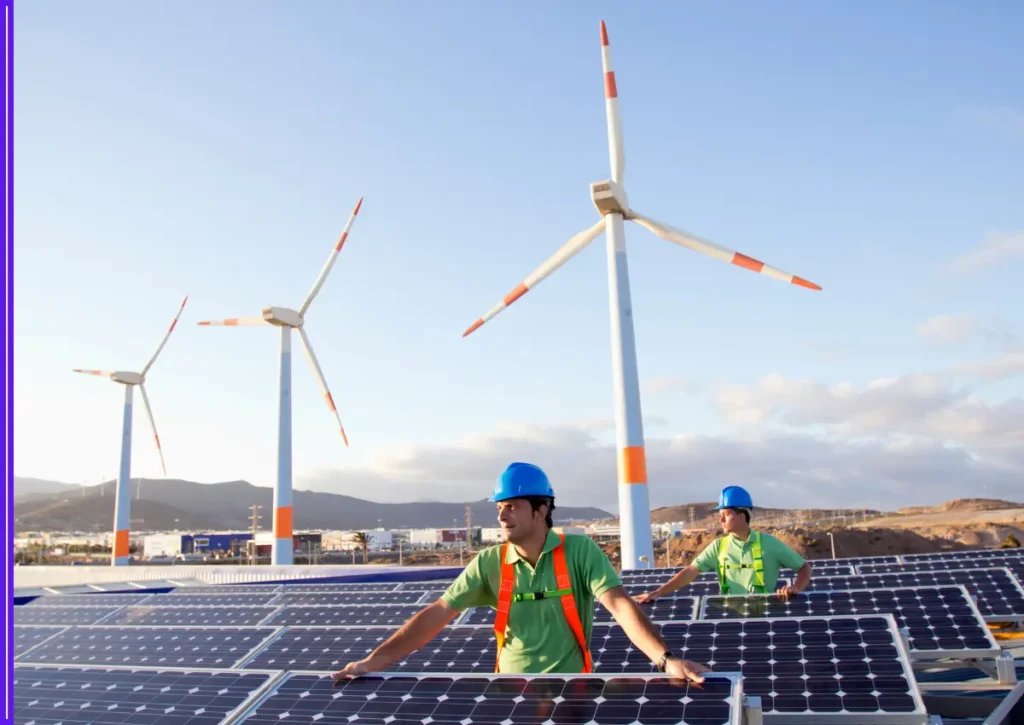Berlin, A surge of activity has gripped Germany’s renewable energy sector as companies move swiftly to secure land and permits for future projects. The rush follows a major policy shift by the German government, which is now prioritizing clean energy infrastructure—including geothermal systems, heat pumps, and thermal storage—under new legislation aimed at accelerating the country’s transition away from fossil fuels.

The proposed reforms, which designate clean-heat technologies as being of “overriding public interest,” are expected to streamline approval processes, reduce bureaucratic hurdles, and speed up deployment timelines. This policy change has triggered a wave of interest from developers eager to capitalize on the new legal framework.
“This is the momentum the industry needed,” said Lukas Neumann, a renewable energy consultant based in Hamburg. “The doors are open now, and everyone is trying to get their projects in place before competition intensifies further.”
Developers Act Fast, But Concerns Linger
While the new rules have energized the sector, not all companies are rushing in without caution. A recent industry survey revealed a growing sense of uncertainty among some developers, especially in the wind energy space, where concerns about grid capacity, delayed permits, and unclear political signals persist.
“We’re enthusiastic about the direction, but hesitant about the delivery,” said Anna Vogel, head of strategy at a Berlin-based solar firm. “The grid infrastructure needs urgent attention. Without it, these reforms risk being more symbolic than practical.”
Despite these challenges, project applications for wind farms, solar parks, and geothermal systems have increased sharply in the last quarter. Many companies are also seeking early partnerships with local authorities and landowners to avoid potential bottlenecks.
Strategic Shift After Energy Crisis
Germany’s urgency comes in the wake of the European energy crisis and rising pressure to reduce dependence on imported gas. The government has set ambitious targets, including phasing out fossil-fuel-based heating by 2045 and significantly increasing the share of renewables in the national energy mix by 2030.
To meet these goals, officials are not only fast-tracking approvals but also introducing “acceleration zones” where renewable projects can be developed with fewer delays. However, experts say implementation will be key.
Looking Ahead
Industry watchers say the next 12 to 18 months will be critical in determining whether Germany’s new approach delivers real results. If the grid is upgraded and permitting timelines improve, the country could reassert itself as a clean energy leader in Europe.
For now, the mood is a mix of excitement and caution.
“There’s real opportunity here,” said Neumann. “But if we don’t get the execution right, it could be another missed chance.”









